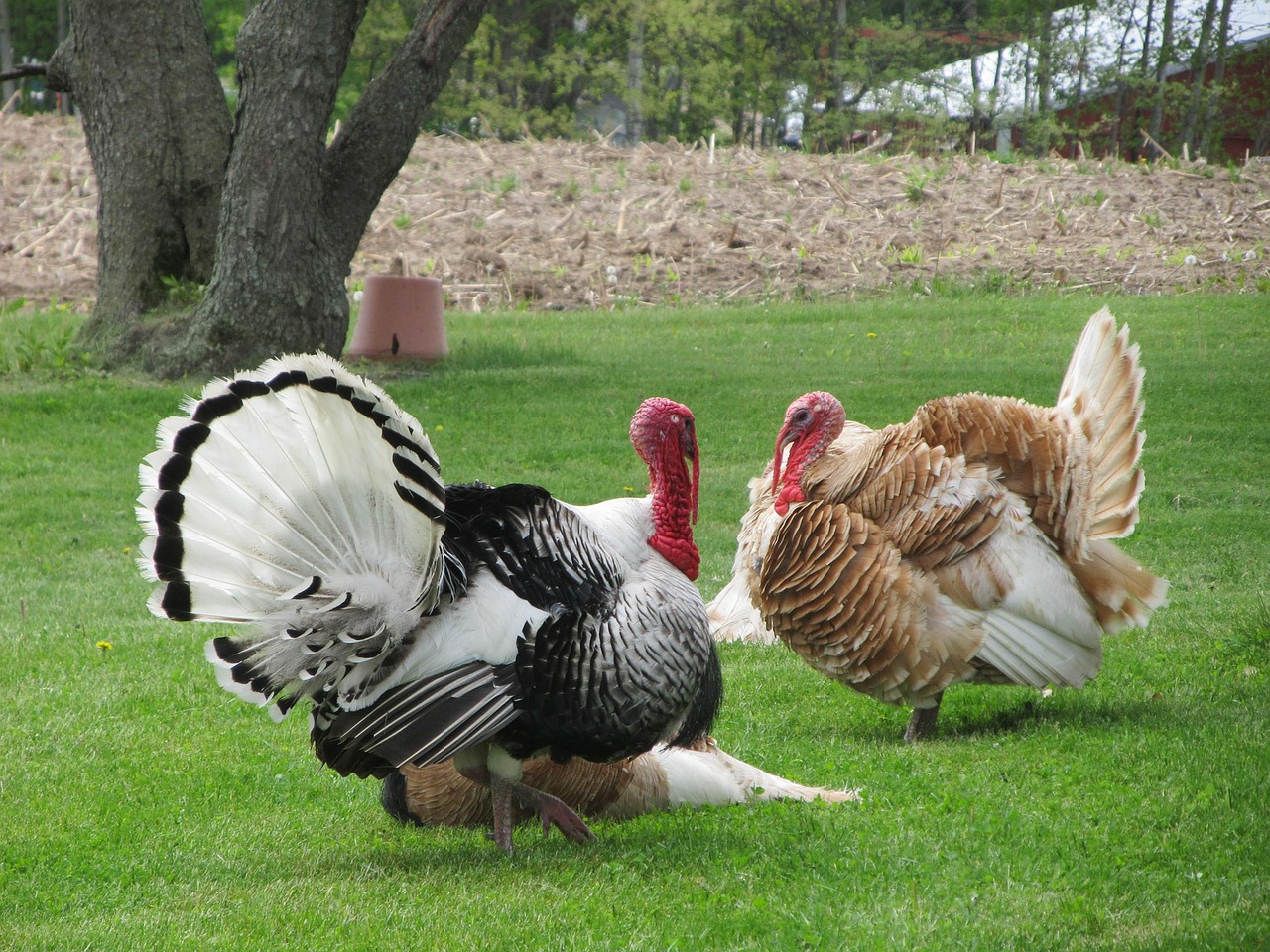 Nouns can get a little tricky when it comes to a discussion of collective nouns. Collective nouns are nouns such as family, team, and majority. The tricky part comes when we have to make a decision about whether these nouns are singular or plural because we have to choose verbs that will agree with these nouns.
Nouns can get a little tricky when it comes to a discussion of collective nouns. Collective nouns are nouns such as family, team, and majority. The tricky part comes when we have to make a decision about whether these nouns are singular or plural because we have to choose verbs that will agree with these nouns.
And, now, here’s the really tricky part: There are no hard and fast rules. The verb you choose to agree with the collective noun actually depends upon how you want your readers to perceive the noun. Is it a single unit or a group of individuals? Even then, it depends upon context. Take the collective noun family, for example.
Here, because each member went his or her separate way, you would see the collective noun family as a group of individuals; therefore, you would use a plural verb instead of a singular verb.
But let’s look at another example.
Here, the family is seen as a single unit, so you would need a singular verb to agree with the collective noun.
In her book, Rhetorical Grammar, Martha Kolln (1991) says “[collective nouns] can be treated as either singular or plural, depending on context and meaning” (p. 47). So, it really does depend on the situation.
You may be wondering how this information is helpful. The key is to think about how you might perceive the collective noun and then, of course, to consider how it’s used in the sentence.
And, after all, there are only about 200 collective nouns in the English language, so you really only have to worry about 200 of these. Okay, that’s a lot. But this is a great example of how, very often, there are no hard and fast rules for grammar.
